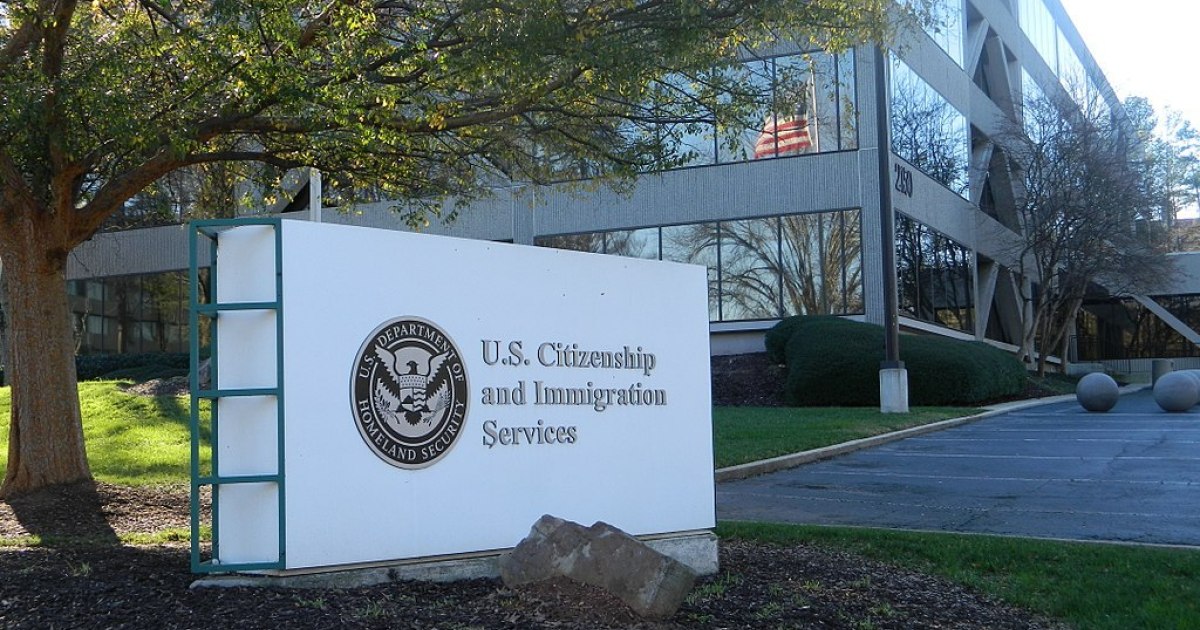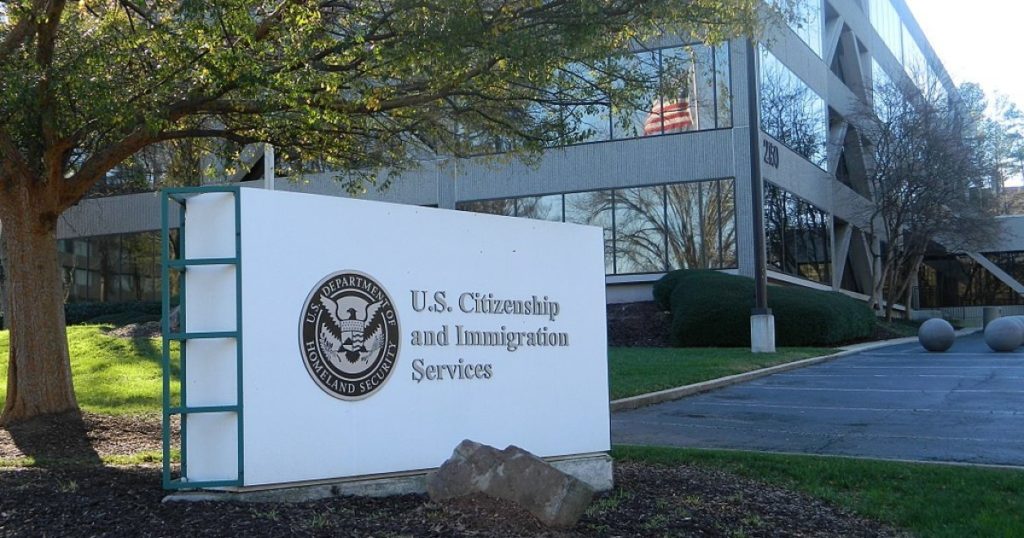

On Friday, the U.S. Citizenship and Immigration Services (USCIS) issued guidance in response to queries regarding the conflict between federal and state-level cannabis laws.
As Cannabis Wire reported, earlier this month, Denver Mayor Michael Hancock and City Attorney Kristin Bronson met with two lawful permanent residents, one from Lithuania and one from El Salvador, who were deemed ineligible for citizenship due to their employment in Colorado’s licensed cannabis industry.
Following that meeting, Hancock sent a letter to U.S. Attorney General William Barr, asking for federal guidance “that would clarify and adjust” those policies. The USCIS, in turn, responded by issuing policy guidance “to clarify that violations of federal controlled substance law, including violations involving marijuana, are generally a bar to establishing good moral character for naturalization.”
Even though “some states and the District of Columbia have enacted laws to decriminalize the manufacture, possession, distribution, and use of both medical and non-medical (recreational) marijuana,” the agency noted, “federal law classifies marijuana as a ‘Schedule I’ controlled substance whose manufacture . . . distribution, dispensing, or possession may lead to immigration consequences.”
SUBSCRIBE TO CANNABIS WIRE’S MORNING NEWSLETTER
Original news and analysis from veteran journalists—straight to your inbox every weekday morning. (This newsletter is free now, but will soon be available only to subscribers.)
That same day, Hancock penned another letter, this time to mayors who participate in the Government for Responsible U.S. Cannabis Policy Coalition, including Oakland, San Francisco, and West Hollywood in California; Thornton in Colorado; Portland in Oregon; and Everett and Seattle in Washington.
In it, Hancock draws attention to “legal residents [who] are being denied naturalization and a path to citizenship for having worked in the cannabis industry, which is legal under state law.”
“I fear this is happening in your city too and you may not be aware,” the mayor wrote. Hancock also urged his counterparts to “uncover these latest injustices in your community and join me in standing up against them.”
“I asked that the DOJ uphold Colorado’s state rights by respecting our voters who agreed to decriminalize marijuana nearly two decades ago,” he added. “Yet, in a renewed effort, the federal government apparently has chosen not to honor those decisions despite this administration’s public statements about supporting states’ rights.”
In response to a request for comment on the policy guidance issued on Friday, Deborah Cannon, a spokesperson at USCIS, told Cannabis Wire that the agency “is required to adjudicate cases based on federal law” and that “individuals who commit federal controlled substance violations face potential immigration consequences under the Immigration and Nationality Act (INA), which applies to all foreign nationals regardless of the state or jurisdiction in which they reside.”
“Federal law,” she added, “does not recognize the decriminalization of marijuana for any purpose.”